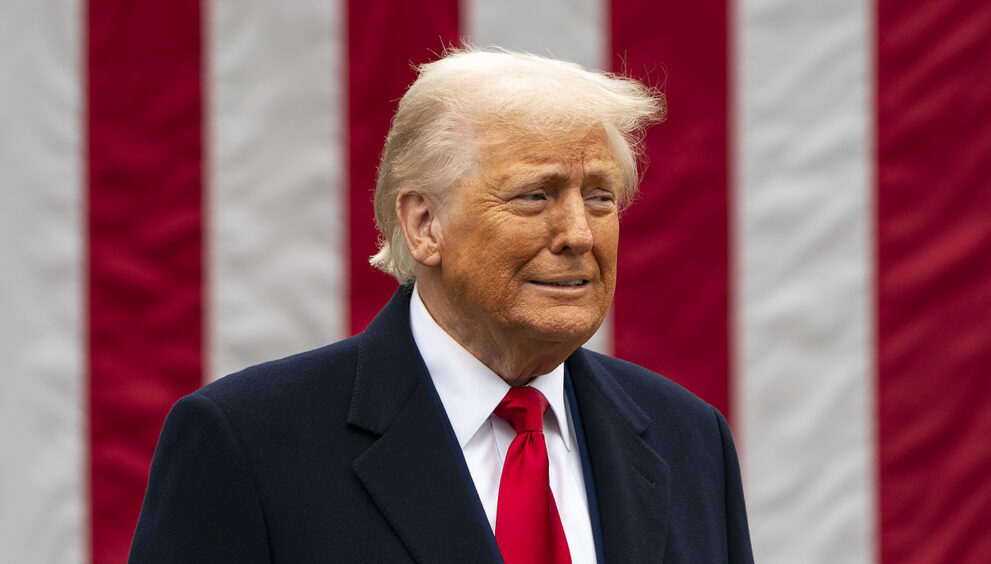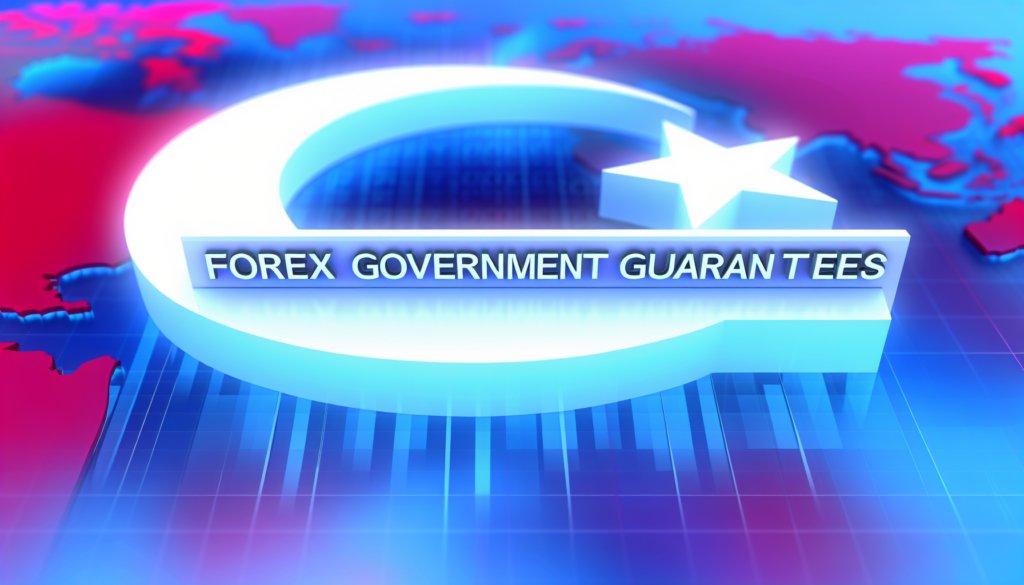Assessment of the High-Risk, High-Reward Nature of Trump’s Liberation Day Tariffs

President Trump’s recently announced “Liberation Day” tariffs are causing significant disruptions in global markets and diplomatic relations, domestically and internationally. These tariffs are aimed at various imports such as aluminum, steel, cars, and fentanyl, likely leading to legal challenges and diplomatic tensions.
The critical question at hand is whether the implementation of these tariffs on Liberation Day is a strategic move towards economic nationalism or a dangerous gamble that could have negative repercussions on international trade laws and the overall economy.
The prevailing belief leans towards the latter option.
Throughout his presidency, Trump has frequently utilized tariffs as a means of exerting influence. Initially targeting China and other trade partners to protect American jobs and industries, this recent tariff escalation, supposedly aimed at reducing economic dependency on foreign nations, signifies a sharp shift towards prioritizing America above everything else in trade matters.
Despite the obvious political message, the legal implications of these tariffs remain uncertain and could have far-reaching effects.
The recent speech in the Rose Garden, which saw exaggerated and misleading numbers, failed to provide clarity on the specifics of the tariffs affecting different countries, except for the 25 percent automobile tax. Deciphering the actual reciprocal tariff rates amidst the mixed messages and misinformation is imperative.
Furthermore, the legality of these tariffs under international trade agreements is highly questionable, considering the World Trade Organization’s prior rulings against Trump-led tariffs for violating global trade standards.
The dilemma extends further with Trump’s administration showcasing disregard for WTO decisions, setting a dangerous precedent where trade agreements lose significance if the world’s largest economy refuses to abide by established regulations.
Beyond the economic ramifications, the diplomatic repercussions of these tariffs could be profound, turning a mere economic dispute into a substantial foreign relations issue.
Countries like Canada, Germany, and China have swiftly expressed disapproval, hinting at potential retaliatory measures that could escalate tensions. The EU, known for its trade disputes with the U.S., is contemplating counter-tariffs on American goods in response to this move. On the other hand, China, a crucial trade partner, may retaliate by restricting rare earth mineral exports or creating obstacles for U.S. companies operating within its borders.
Consequently, the situation risks spiraling into a full-scale trade war with no clear victor in sight.
The effects of these tariffs will be promptly felt by U.S. businesses and consumers, manifesting in increased prices for various products. Industries reliant on imported metals, such as auto manufacturing and construction, are preparing for financial strains, directly impacting housing and infrastructure costs. Ordinary consumers are likely to bear the brunt of raised prices on essential goods, translating tariffs from punitive measures into detrimental burdens on the American economy.
The political aspect of these tariffs is equally complex. Trump’s critics foresee adverse effects on American jobs and exports due to retaliatory actions from other nations, potentially alienating independent voters and conservative business communities that have been wary of his aggressive trade policies.
The uncertainty introduced by expansive tariffs has the stock market on edge, fearing the onset of trade conflicts will disrupt supply chains, intensify inflation, and trigger economic instability.
Therefore, the implementation of Liberation Day tariffs is a high-stakes approach for Trump, with a potential for significant rewards like trade concessions or catastrophic outcomes like retaliatory tariffs and prolonged legal disputes, which could taint his tenure as President. How global stakeholders respond to these tariffs is anticipated to determine the trajectory of future economic decisions, deciding whether this emerges as a new age of economic nationalism or a futile and avoidable trade war.


























































































































































































































































































































































































































































































































































































































































































































































































































































































































































































































































































































































































































































































































































































































































































































































































































































































































































































































































































































































































































































































































































































































































































































































































































































































































































































































































































































































